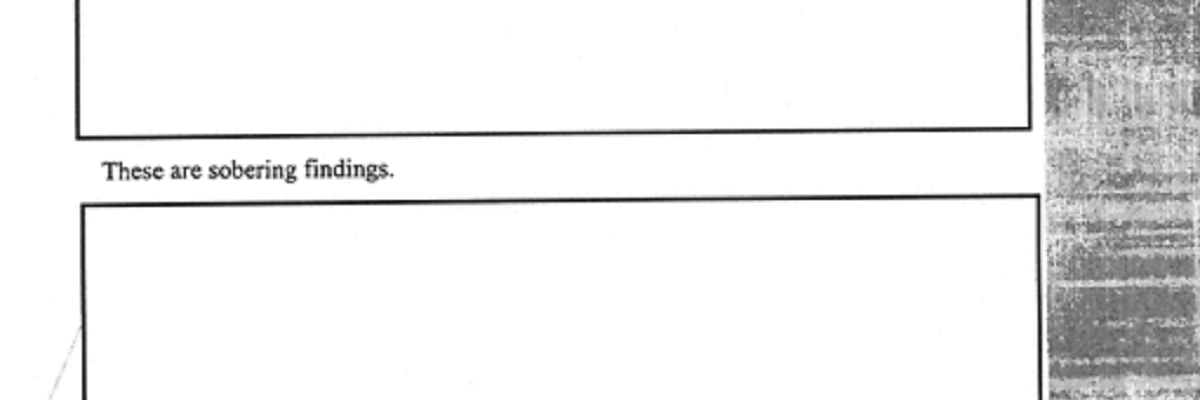Redactions arrive at MuckRock often and in varying shapes and sizes; they range from the plausible to the irksome to the utterly maniacal.
Issues of individual privacy and local and national security are often cited to exercise carte blanche redactions. Depending on the target agency, it can be rare to receive an unredacted document response that hasn’t already been posted publicly somewhere. (ProPublica has taken to collecting the most absurd in their Redaction Classics section.)
Beyond increasing the opacity of responsive documents, redactions can also serve as a bargaining chip for agencies when they leverage the associated redaction costs as a monetary barrier between requester and record.
The Department of Youth Services (DYS) in Massachusetts did just that when responding to a request for internal investigative reports generated by the agency.
The bill came back with a whopping $41,825 price tag for one year’s worth of internal investigative reports.
A phone conversation to the DYS revealed that “internal investigative reports” are in fact comprised of a collection of other individual reports: Internal Review, Incident Report, Witness Statement, Internal Investigation, Corrective Action Plan and two other documents exempt from disclosure under Massachusetts General Law.
In order to mitigate — ideally eliminate — cost and further specify my request, I asked the department for sample copies of each document, either redacted or in blank template form.
The agency obliged free of charge, producing a blank copy of each component to their internal investigative report:
The blank pages offer fodder for new, more targeted requests:
- The agency submits “Serious Incident Reports,” digital files that likely go into a database. If they are managed in a database, they could be more easily redacted.
- A facility called Goss Secure Treatment exists and may have its own special incident reports. (Upon further review, I found a handful of other secure youth treatment facilities that could yield similarly interesting documents.)
- Incident categorizations exist. These descriptors are likely collated and tracked in a document disassociated with personnel or “client” names (which need to be redacted).
- “Residential Facility” is a field on the “Serious Incident Reports,” which suggests that data on incidents may be segregated by facility.
Many journalists describe obtaining public records as a game. It’s a lamentable truth considering access to public records is in theory a citizen’s right. The documents I’m seeking still evade me but whittling and negotiating with the agency delivered clues that bring me closer to acquiring meaningful records. And, like any other game, practice makes perfect.




